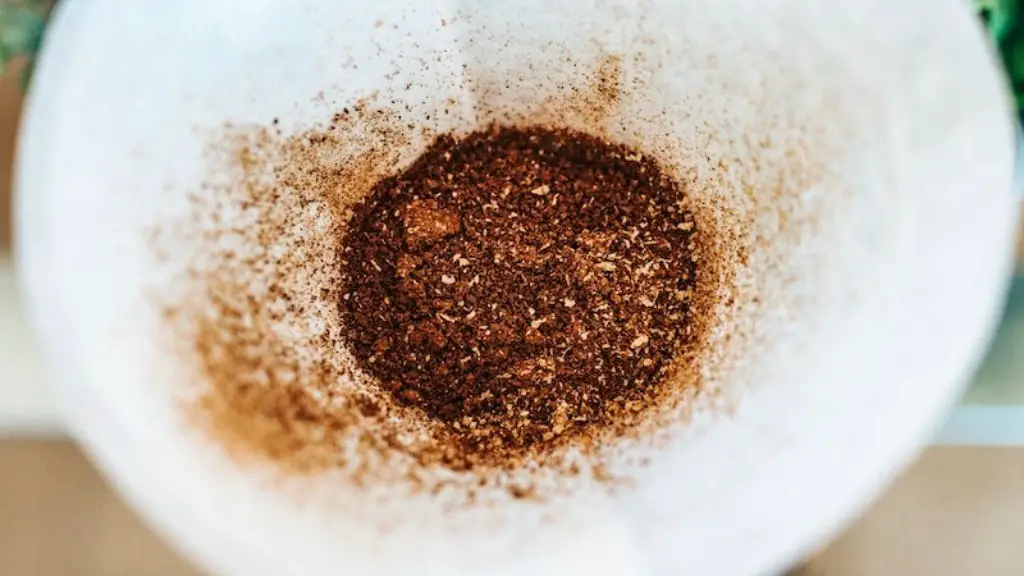Does drinking coffee burn fat?
Coffee is one of the world’s most widely-consumed beverages for its caffeine content, flavor, and energizing effects. As such, it’s no surprise that people are beginning to associate it with weight loss. Some people have suggested that drinking coffee can lead to fat burning, but does the evidence support this idea? Let’s take a look at the research.
A study conducted in 2020 found that coffee may indeed have a positive effect on weight loss. In the study, participants who consumed a cup of coffee with a meal experienced an increased rate of fat burning by up to 30%. Subjects also experienced an increase in their metabolic rates, which is a key indicator of weight loss. It’s worth noting that the study was conducted with small sample sizes and should be interpreted with caution.
Other studies have looked at the effects of caffeine on fat burning. Caffeine, a chemical found in coffee, has been found to stimulate an increase in fat burning. However, it’s important to note that different amounts of caffeine can lead to either positive or negative effects. For example, high doses of caffeine can lead to an increase in anxiety and nervousness, which can lead to overeating and weight gain.
It’s also important to note that drinking coffee alone will not lead to fat loss. It should be part of a comprehensive weight loss program that includes a balanced diet and regular exercise. If you’re looking to lose weight, drinking coffee can certainly be a helpful addition to your plan.
Finally, it’s also important to be aware of other potential side effects associated with drinking too much coffee. Too much caffeine can lead to insomnia, headaches, and even heart palpitations. It’s best to limit your coffee intake to one or two cups per day and make sure you are drinking high-quality coffee without added sugar or creamer.
Ingredients in Coffee That Can Help with Weight Loss
The majority of the fat-burning benefits associated with coffee can be attributed to its caffeine content. Caffeine is a stimulant that can increase your metabolism and help you burn more calories. It can also suppress appetite, leading to fewer cravings and less-frequent snacking. Additionally, caffeine has been found to increase energy expenditure and fat oxidation.
In addition to caffeine, coffee also contains antioxidants, which have been linked to a variety of health benefits. Antioxidants work to protect cells from oxidative damage caused by free radicals. This can help improve overall health and may even help with weight loss.
Finally, coffee contains chlorogenic acid, which has been found to have beneficial effects on weight loss. Chlorogenic acid has been shown to slow the absorption of fat and carbohydrates, and it may also help increase metabolism and decrease appetite.
Possible Health Benefits of Drinking Coffee
In addition to the potential weight loss benefits, there are a number of other health benefits associated with coffee drinking. By stimulating the body’s metabolism and reducing appetite, coffee can also help to regulate blood sugar levels, making it a useful tool for controlling diabetes. Additionally, coffee’s antioxidants can promote cell health, which can lead to improved overall health.
It’s also worth noting that coffee can provide other, non-weight-related benefits. Drinkers of the beverage have been found to have a lower risk of various diseases and illnesses, including Alzheimer’s, Parkinson’s, and some types of cancer. Coffee has even been linked to enhanced mental performance, due to its caffeine content.
Overall, coffee can be beneficial to drinkers who are looking to improve or maintain their health. However, it is important to remember that, as with anything, moderation is key. Too much coffee can lead to unwanted side effects, such as headaches and insomnia, so stick to the recommended amount of one to two cups per day.
Dietary Considerations to Keep in Mind
While coffee can be beneficial for health and weight loss, it’s important to be mindful of the kind of coffee you’re consuming. For example, many people add sugar and creams to their coffee, which can add unnecessary calories. If you’re looking for a way to sweeten your coffee, opt for a healthier alternative, such as honey or stevia.
If you’re looking for a way to increase the fat-burning effects of coffee, consider adding some herbs. Some herbs, such as cinnamon, have been found to aid in fat loss by altering the way fat is stored in the body. Green tea and green coffee extract are also excellent options for increasing fat oxidation and enhancing the metabolic effects of coffee.
Precautions to Keep in Mind When Drinking Coffee
When consumed in moderation, coffee has a variety of health benefits. However, it’s important to be aware of potential side effects associated with the beverage. People who are sensitive to caffeine should avoid coffee or limit their intake to just one cup per day. Additionally, pregnant women should limit their caffeine intake to no more than 200 milligrams per day.
Furthermore, it’s important to note that coffee can interfere with medications. If you’re taking any prescription medications, be sure to consult with your doctor before increasing your coffee intake. Some medications, such as those used to treat depression and anxiety, have been found to interact negatively with caffeine.
How to Make a Healthy Cup of Coffee
If you’re looking for ways to make your cup of coffee healthier, try using freshly ground beans and boiling them in filtered water. Boiling your coffee beans in filtered water can help remove any harmful chemicals that may be present. Additionally, it’s best to avoid adding milk or cream, as these can add additional calories to your beverage.
Instead, opt for a healthier alternative such as almond or coconut milk. These alternatives are lower in calories and can provide additional health benefits. Furthermore, consider adding herbs to your coffee, as discussed earlier. This can help increase the fat-burning effects of your beverage.
Finally, be aware of the potential side effects associated with drinking too much coffee. If you begin to experience jitters or headaches, it’s best to reduce your intake or cut it out altogether. It’s always important to listen to your body and be mindful of how much coffee you’re consuming.




